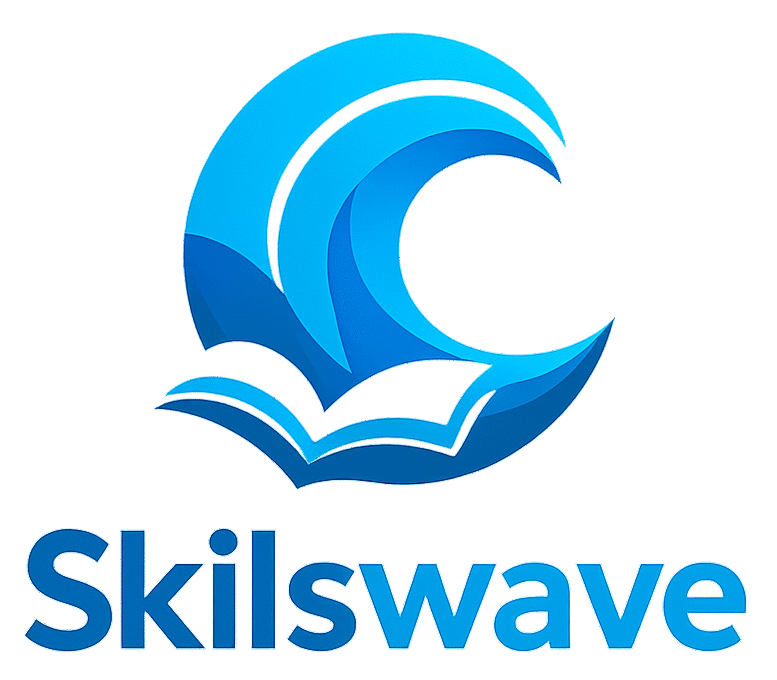
Digging into online learning options, I’ve spent plenty of time exploring Coursera’s courses. If you’re looking at picking the right course or just want to know how Coursera stacks up, this article covers everything that actually matters. I’ll break down the pricing, structure, quality, career value, and practical approaches for getting the most out of Coursera, so you can make a confident choice that fits what you want to achieve.
Understanding Coursera’s Pricing and Subscription Models
One thing that caught my eye right away on Coursera is the wide range of pricing setups. Most single courses cost anywhere from $39 to $99, which usually covers graded assignments and a certificate. If you want to learn a bigger topic, Coursera has “Specializations.” These are bundles of multiple courses, and they’re billed monthly, starting at about $49 per month.
- Coursera Plus: This is Coursera’s annual subscription, coming in at about $399 a year. With it, you get access to thousands of courses and certificates. If you plan to enroll in more than a handful of programs, Coursera Plus can save you money and lets you check out different skills without extra costs.
- Financial Aid: There’s a financial aid option available for most courses. You do have to fill out an application and wait a few days, but it’s genuine help if cost is holding you back.
Knowing these pricing models can save you a bit of cash and help you map out your learning, especially if you swap between topics or want to stack several certificates.
How Coursera Courses Are Structured
Most Coursera courses are built around video lectures, quizzes, feedback on assignments, and final assessments. You get to work at your own pace, which is super useful if you’re balancing work, life, or other projects.
- Learning Path: Expect to start with intro lessons that cover the basics, then move into more challenging topics and hands-on projects. Assignments range from quick quizzes to serious case studies.
- Peer Support: Many courses offer discussion forums where you can ask questions and swap ideas. I’ve found these pretty handy for troubleshooting or getting a new take on tricky problems.
- Certificates and Credentials: When you finish and meet the requirements, you get a Coursera certificate. Some courses are even part of professional tracks, like Google IT Support or Meta Marketing Analytics, which carry weight on resumes and LinkedIn.
If you’re short on time, I recommend focusing on the modules with hands-on projects or case studies. That’s where you pick up practical skills you can put to work right away.
Choosing Quality Coursera Courses
Coursera’s catalog is huge, but not all courses are equally polished. Here’s how I pick courses worth my time:
- Instructor Reputation: Stick with courses led by recognized universities or big tech companies. They tend to offer better production value and updated content.
- User Reviews: I always check course ratings and feedback on Coursera, Reddit, or Quora. Watch for feedback about outdated material or confusing assignments.
- Content Depth: Scan the syllabus. If it covers real world projects or highlights tools like Python, SQL, or TensorFlow, that’s a sign it’s job-ready.
Taking a few minutes to read these signals helps steer clear of courses that are more hype than substance. When in doubt, sample the introductory material to gauge quality.
Career Value and Skill Recognition
Coursera certificates are recognized by many employers, especially for roles in tech, data, business, and project management. I’ve personally seen friends use Coursera-backed credentials to land interviews or even get internal promotions. Some programs offer university credit or contribute to accredited degrees, boosting their credibility if you’re thinking about a career move or further studies.
- Professional Certificates: Programs from companies like Google, IBM, or Meta focus on industry-specific skills and may prepare you for certification exams.
- University Partnerships: Certificates from top schools (like Yale, Michigan, or Stanford) really stand out on a resume, especially if you finish a Specialization or Professional Certificate track.
If your main aim is boosting your career, focus on Professional Certificates and look at job descriptions. Many positions specifically mention skills taught in Coursera’s big-name programs.
Tips for Getting the Most from Coursera
Getting the most out of Coursera is more than just playing video lectures. Here’s what’s helped me and other learners get results:
- Set a Weekly Schedule: Block out time in your calendar as if you’re attending a real class. Consistency matters more than ambition.
- Practice as You Learn: Download project files, run code, or redo case studies yourself. Don’t skip practical assignments; that’s where deeper learning happens.
- Join Peer Groups: Share questions or join discussion threads. Peer insights can save hours and sometimes connect you to mentors or future colleagues.
- Showcase Your Work: When you finish a project, upload it to GitHub or add it to your LinkedIn. Concrete examples often matter even more than certificates when job hunting.
The people who throw themselves into practical projects and show their progress tend to find more value—growing skills and building connections that pay off.
My Quick Picks: Popular Coursera Courses Worth Checking Out
With so many choices, picking a course can be overwhelming. Here are a few Coursera courses and programs that really stand out for skill-building, based on what’s trending and my own testing:
- Google IT Support Professional Certificate: Perfect for anyone looking at breaking into IT support. Covers everything from basic networking to customer service; no degree or prior experience needed.
- Deep Learning Specialization by Andrew Ng (DeepLearning.AI): A top pick for those wanting to get into AI or machine learning. It’s super hands-on and easy to follow.
- Business Foundations by Wharton (University of Pennsylvania): Great for building up business basics, including marketing, accounting, and project management in one go.
I found all of these helpful for learning useful skills and padding your resume. If you’re unsure, you can usually audit courses for free and sample the lessons before paying for the graded version.
Questions, Experiences, or Tips?
Everyone’s adventure on Coursera is a little different. If you have questions about a certain program or want to swap recommendations, drop a comment below. Your experiences might help someone else make a better choice or finally get started on a new goal.
